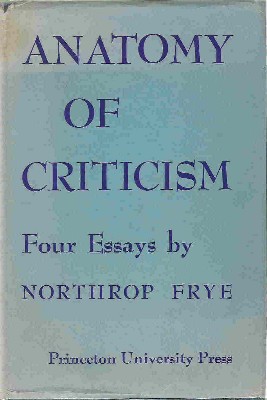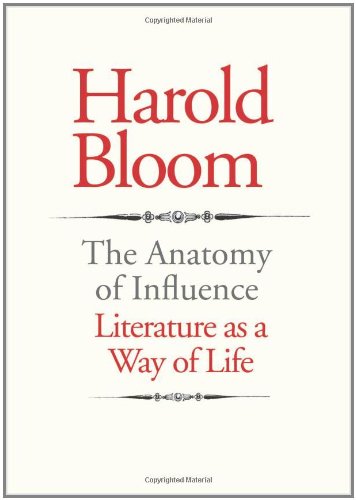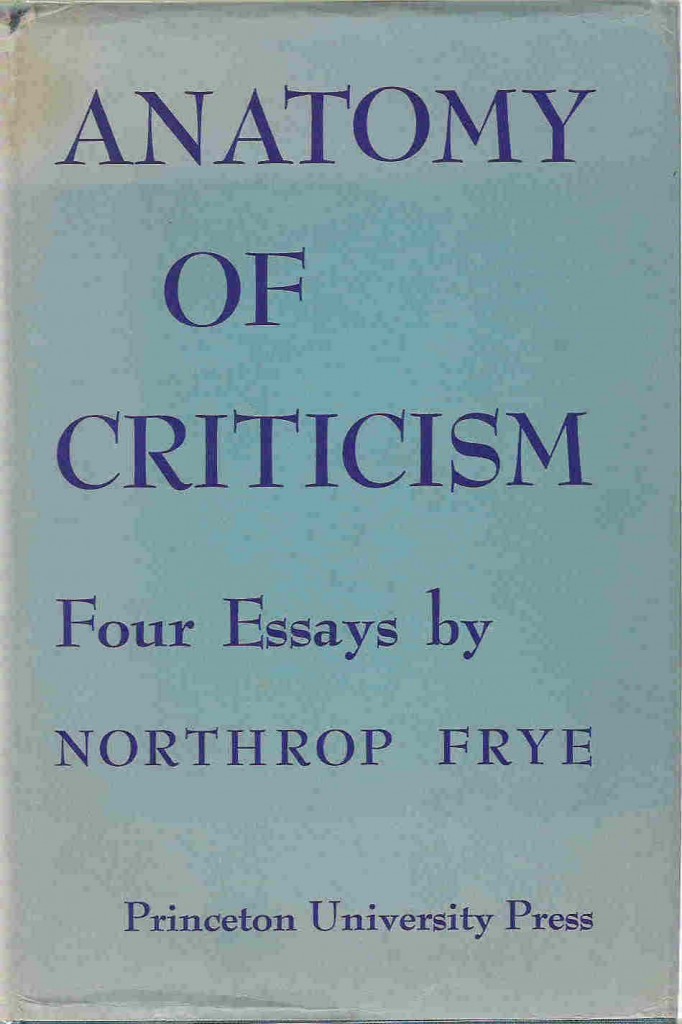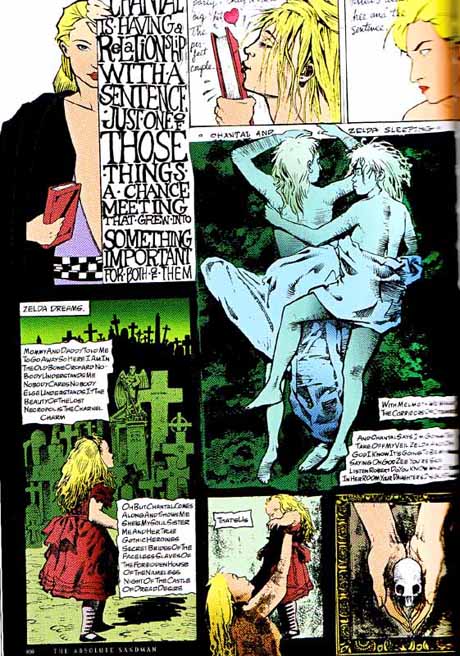httpv://www.youtube.com/watch?v=0oWs_voUPkk&feature=related
V for Vendetta: “Words will always retain their power”
“First they came for the rich, and I said nothing. Because, you know, fuck the rich.” — Oral graffiti currently making the rounds.
The clip above is V’s pirate-radio speech to the people of London in V for Vendetta. V’s sardonic Guy Fawkes mask is now a favored icon among the disaffected, hacktivists especially. This movie is a hopeful relic from the Bush years, which, at the time of the film’s release, seemed they would never end.
Regarding V and his Guy Fawkes mask — as well as the repeated refrain of “Remember, remember, the fifth of November,” the day of the failed Gunpowder plot of 1605 — the literary principle involved is what Frye called “demonic modulation.” With demonic modulation Frye makes a much needed distinction between “the moral” and “the desirable”:
The moral and the desirable have many important and significant connections, but still morality, which comes to terms with experience and necessity, is one thing, and desire, which tries to escape from necessity, is quite another. Thus literature is as a rule less inflexible than morality, and it owes much of its status as a liberal art to that fact. The qualities that religion and morality call ribald, obscene, subversive, lewd and blasphemous have an essential place in literature but often they can achieve expression only through ingenious techniques of displacement. (AC 156)
Demonic modulation manages this by way of “the deliberate reversal of the customary moral associations of archetypes.” For example, in literature, whatever the current status of received moral standards,
a free and equal society may be symbolized by a band of robbers, pirates, or gypsies; or true love may be symbolized by the triumph of an adulterous liaison over marriage, as in most triangle comedy; [or] by a homosexual passion. . . . (AC 156-7)
In other words, exactly the sorts of things that oppressively “moral” forces in society get most nuts about, usually with a commensurate rise in rhetorical violence, sometimes outright threats of it, and occasionally tragic instances of it.
The traditional Catholic villain Guy Fawkes of seventeenth century England becomes in this film by way of demonic modulation the dark force of wrathful resistance in a somnolent dystopian Britain of the near-future. The movie does seem to possess the power of at least some short-term prophecy; it had picked up on something that was roiling just below the surface of the daily nightmare that was the Bush administration. The silent, simultaneous uprising of the people of London nicely prefigures what seems to have been the spontaneous generation of the Occupy movement; and, more ominously, the death of the tyrant High Chancellor Sutler doesn’t look all that different from the recent death of Muammar Quadafi. To cite another instance of oral graffiti that pops up here and there, “When people on the inside of their glass palaces are mocking the people on the outside, it never ends well for them.”







